Ask AI on The Internet
Question: The volume of water that needed to build a 5 room house
Determining the volume of water needed to build a five-room house depends on several factors, including the materials used, construction techniques, and specific requirements of the project. Here's a rough breakdown of various uses of water in typical construction: 1. **Concrete Mixing:** Water is needed to mix concrete for the foundation, walls, floors, and other elements. On average, about 150 to 200 liters of water per cubic meter of concrete might be required, but this can vary depending on the mix design. 2. **Curing Concrete:** After concrete is poured, it must be kept moist during the curing process to achieve the desired strength. This can involve regular wetting of the concrete surface for several days or even weeks. 3. **Mortar for Masonry:** If the construction involves brick or block work, water is needed to make mortar joints. The amount will depend on the coverage required and the size of the structure. 4. **Plastering and Finishing:** Water is also used for mixing plaster for walls/ceilings and for other finishing processes. 5. **Cleaning and General Usage:** Keeping the site clean and machinery operational also requires water. ### Rough Estimate: For a basic estimate, assume the following average values: - **Concrete Required:** A five-room house might use around 30 to 50 cubic meters of concrete. - **Water for Concrete:** Therefore, you'd need approximately 4500 to 10,000 liters for concrete mixing (at 150-200 liters per cubic meter of concrete). - **Curing Water:** It might take around 5000 to 6000 liters for curing over a few weeks. - **Mortar and Plaster:** Might add another 2000-3000 liters. - **General Usage:** Another 2000-3000 liters for site cleaning, etc. Summing these, a rough estimate gives you a total of around **13,500 to 21,000 liters** of water. ### Important Considerations: - **Local Conditions:** Water needs can vary based on the climate and drying conditions. - **Construction Scale:** Larger or more complex projects could require significantly more water. - **Sustainability:** Consider using water-saving practices and recycled water if possible. To get a precise number, consult with your builders or a construction engineer, who can take into account the local conditions and the specific design of your house.
Think your answer is better than the AI's? Post it below.
Other Most Relevant Posts:
 Ask AI: How many common clay bricks 219mm x 96mm x 70mm can build a 5 room house starting from foundation until finishing the house
Ask AI: How many common clay bricks 219mm x 96mm x 70mm can build a 5 room house starting from foundation until finishing the house
Question Tags
If you want your question answered by an AI, click here.
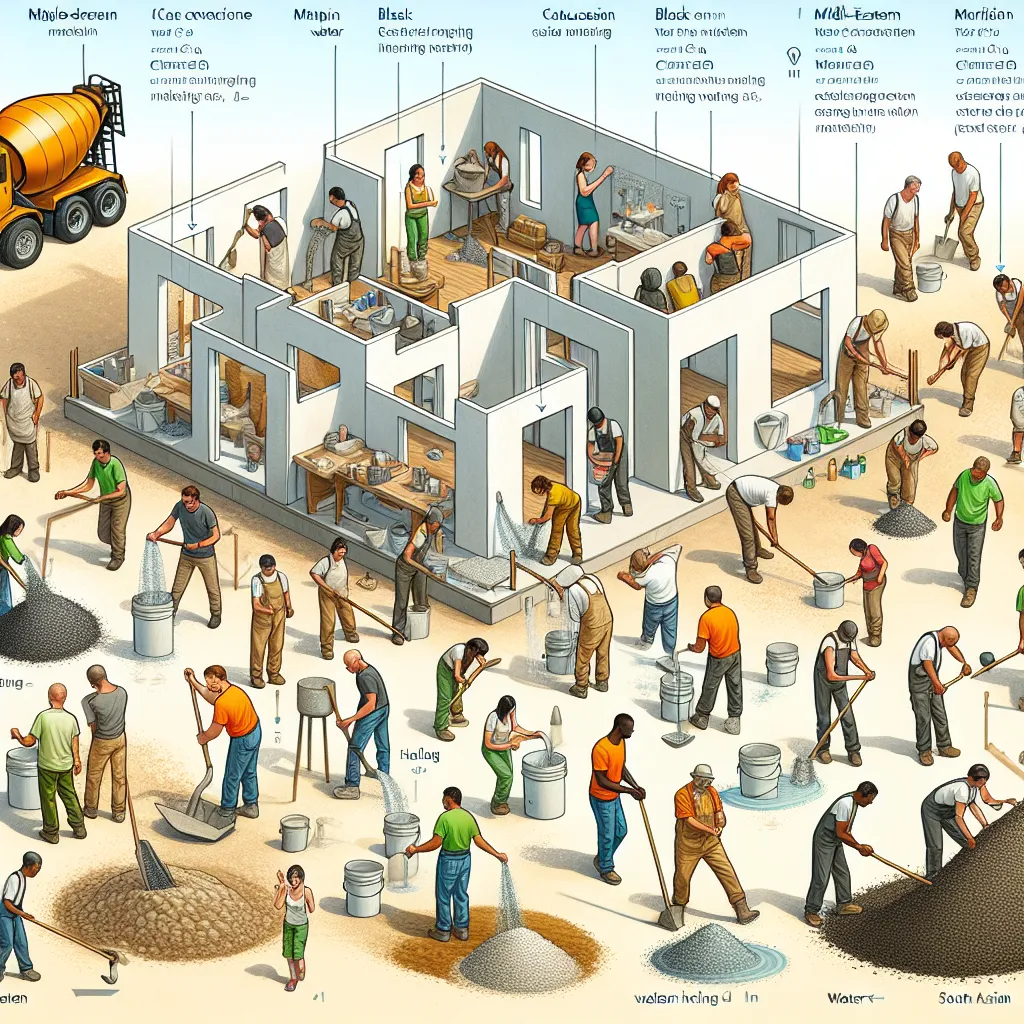
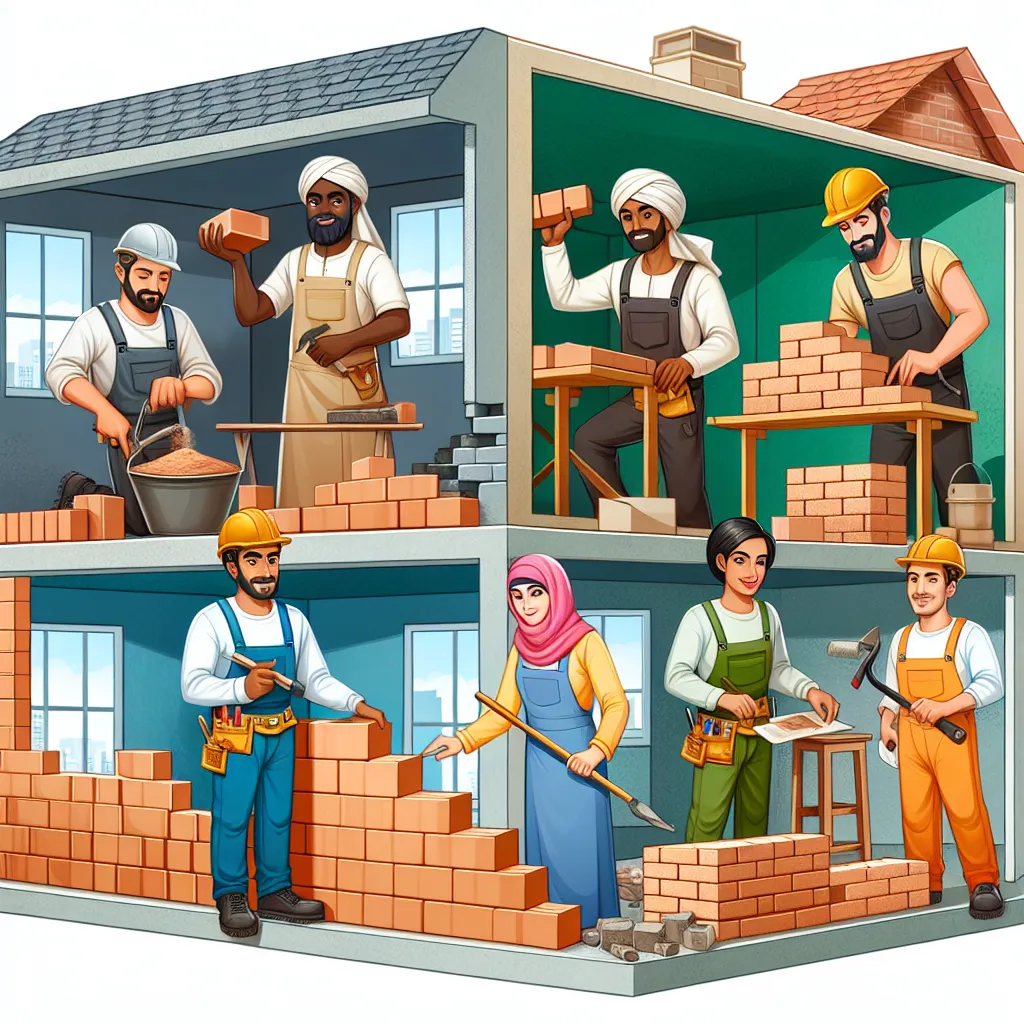
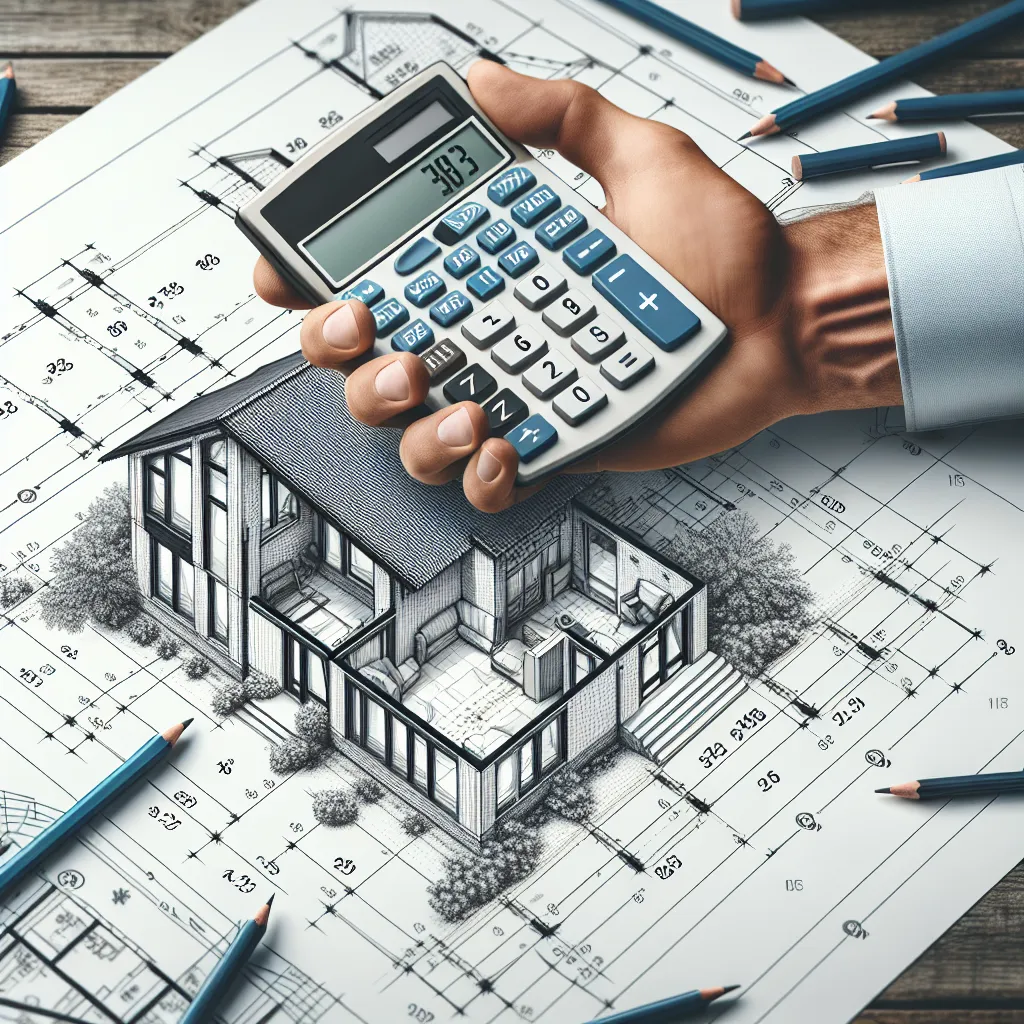
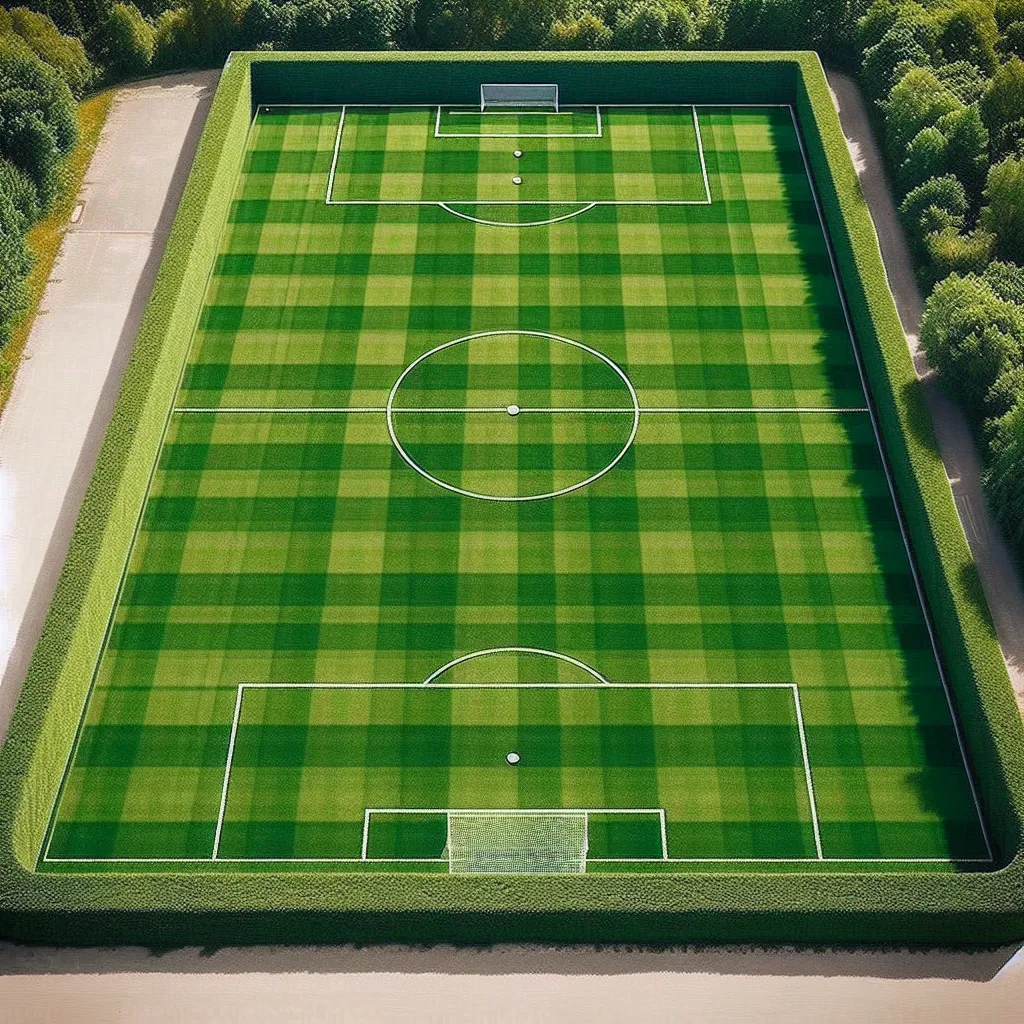
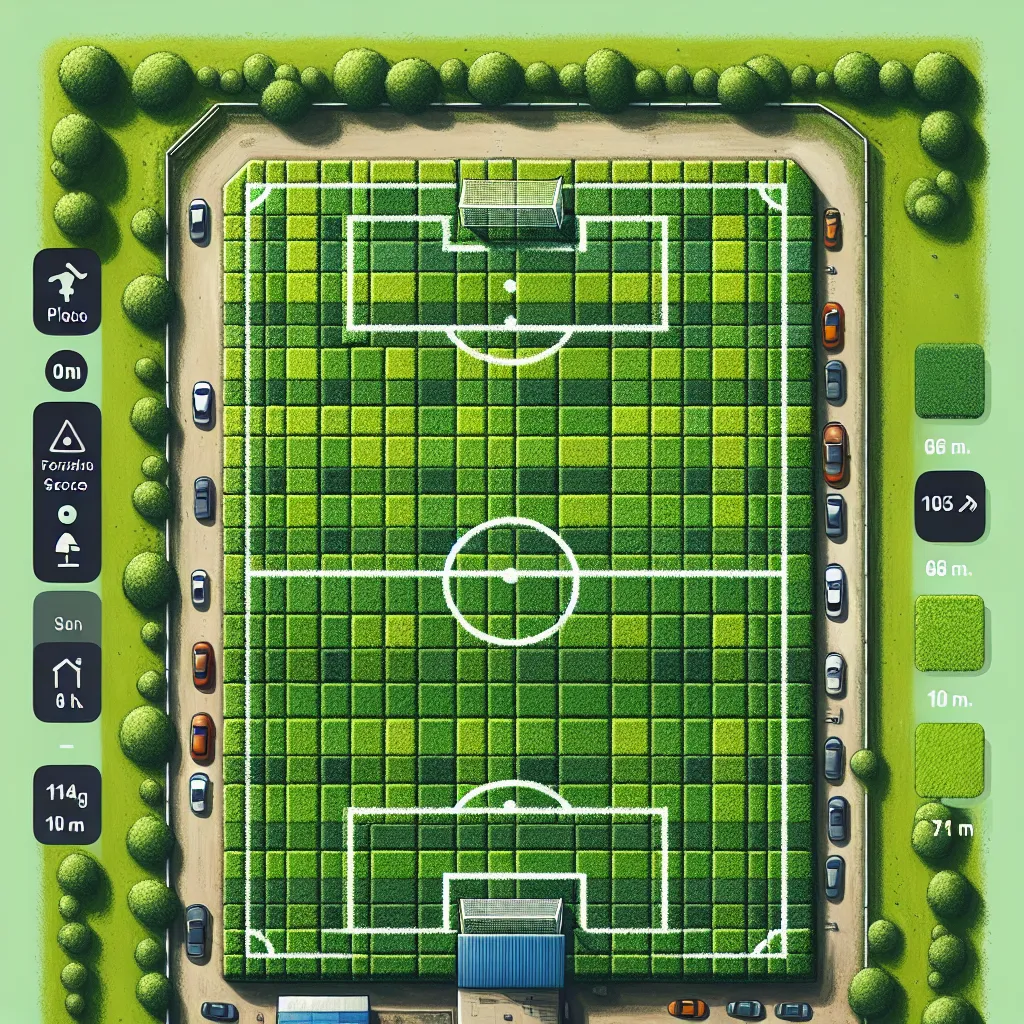

Post your own comment: